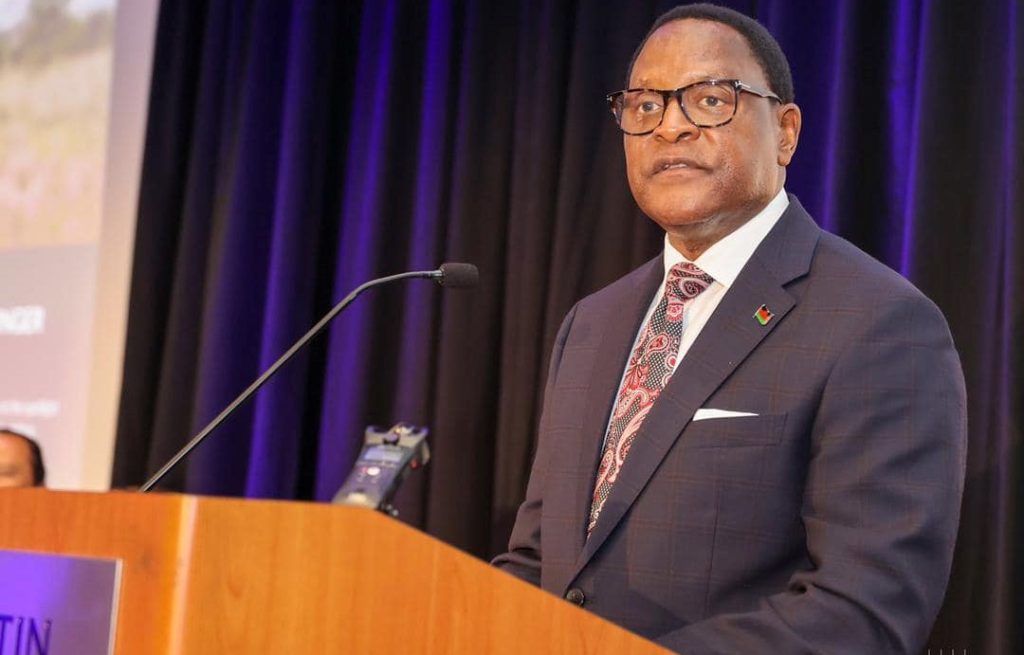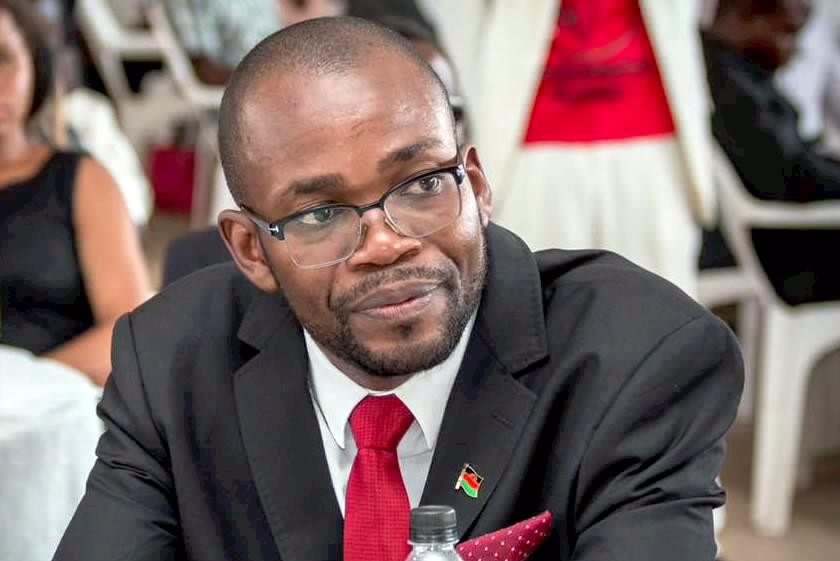Inside ‘hidden’ Reforms report
Finally, the cat is out of the bag! The Presidential Task Force on Public Service Systems Review whose report President Lazarus Chakwera has kept under wraps for over two years recommended radical changes in remuneration and perks.
Leaked snippets of the Public Sector Reforms and Systems Review Report recommended a downgrade in motor vehicle entitlement for grade C employees, notably principal secretaries (PSs), from fuel guzzlers to smaller engines to save a projected K13 billion annually.
Further, the report also recommended a revision of salaries for lowest paid civil servants to match with the cost of living as worked out in the Centre for Social Concern (CfSC) basic needs basket pegged at K300 000 in 2021.
At the time of the review, the lowest paid civil servant earned K115 521 per month while the entry salary of a fresh graduate was K282 370 per month.
The report followed the President’s appointment of Vice-President Saulos Chilima in February 2021 to head a special task force on the Review of Public Service Systems of Allowances, Employment Contracts, Procurement, and on Conditions of Service.
The snippets indicate that if government downgraded PSs’ motor vehicle benefit from Toyota Prado TXL with engine capacity of 3 500cc to 2 500cc it would translate into a saving of about K13 billion.

Reads the report: “Downgrade motor vehicles for grade C to 2 500cc [Toyota Rav4, Nissan X-Trail or their equivalent]. Introduce vehicle ownership bank loan scheme backed by government for grade D, gradually offering the scheme for other grades.
“This revision will result in savings of more than K12.0 billion in annual vehicle purchase costs and more than K956.4 million annual fuel costs.”
At the time of the report there were 68 employees on grade C which included PSs and the Director of Public Prosecutions entitled to a Toyota Prado TXL currently pegged at over K100 million. Each of these officers is entitled to a monthly fuel allocation of 500 litres.
Based on the current price of diesel, government spends K960 000 a month for each of the grade C employees. For the 68 employees, according to the report, government would save at least K4 billion a year on fuel.
In an interview yesterday, Malawi University of Science and Technology professor of finance James Kamwachale Khomba backed the proposal, arguing that these are sacrifices that government is expected to make given the level of the economy.
He said: “We must not behave like we are a first world country to have all these entitlements. The state of the economy does not allow that. We must adjust accordingly and, therefore, I find this proposal quite progressive. We can downgrade our standards to save the economy.”
On civil servants’ salaries, The Nation analysis shows that the lowest paid civil servant, based on a circular dated April 28 2023, gets K167 649, but with the introduction of the special allowance of K20 000 it comes to K187 649 which is less than 52 percent of the average basic needs basket standing at K395 993 as of July this year.
The situation is worse if the employee is based in Lilongwe or Blantyre where the basic needs basket is at K452 013 and K418 964, respectively.
Currently, a fresh graduate getting into the civil service (grade I) earns K496 325.

Reads the snippets of the report: “Paying public officers’ salaries that are below the minimum needs violates their right to fair remuneration as provided under section 31 (1) of the Constitution.”
CfSC, which produces the basic needs basket report, yesterday said it supported the recommendation, but stressed that the amount is just for basics and does not include school/education related expenses.
In an interview, CfSC project officer Kondwani Hara said: “This is very good because it will be a step to narrow the gap between what people are receiving and the living wage, which, in fact, is greater than we produce at the cost of living”.
On when government will implement the recommendations, Minister of Information and Digitisation Moses Kunkuyu said the contents of the report may not be adopted wholesomely as it was meant to guide the President in decision-making.
He said looking at how ambitious the report is and in the face of the ailing economy, the public “should appreciate the art of leadership the President has displayed in the handling of this report”.
Said Kunkuyu: “It must be noted that the committee was meant to submit a report, not to draft a legal instrument cast in stone. The President is, therefore, at liberty to apply his wisdom in the implementation of the report or parts thereof.”
Besides Chilima, the task force also comprised professors Ronald Mangani and Nyovani Madise, Dr Aubrey Mvula, Dr Henry Chingaipe, Dr Steven Matenje, Waki Mushani, John Suzi-Banda, the Reverend Elsie Tembo, Tione Chilambe, Zunzo Mitole, Nwazi Mnthambala and Jane Kambalame.
In an October 10 2022 pastoral statement, the Episcopal Conference of Malawi, a forum of Catholic bishops in the country, also asked the President to ensure that the public sector systems review task force report is made public and acted upon without further delay
But the President in June this year said the report was not for public consumption, but a reference for his administration.
In a direct response to The Nation story published on May 29 2023 questioning his silence on the report, Chakwera went to town on the article, saying his administration is already implementing recommendations of the report.





